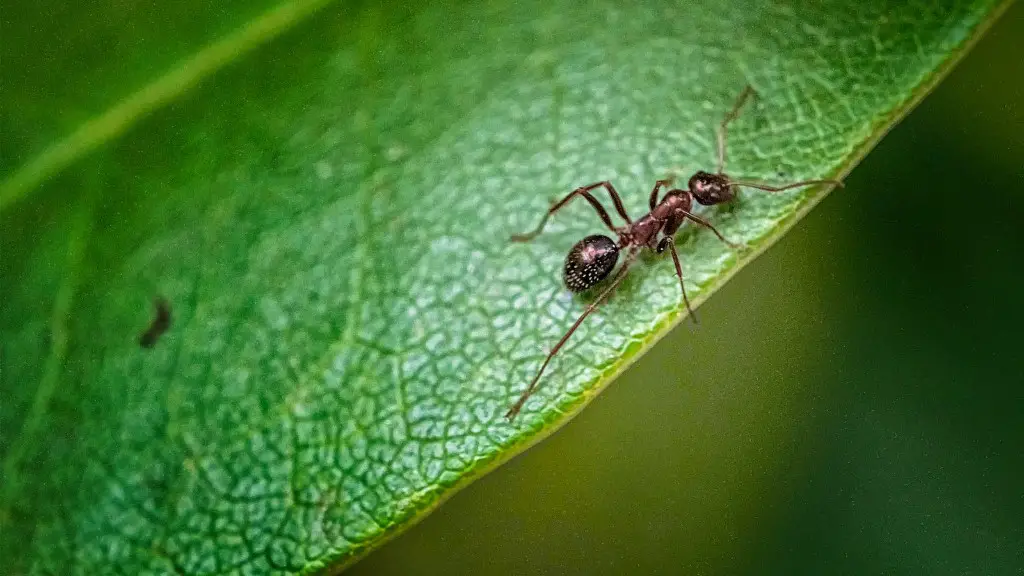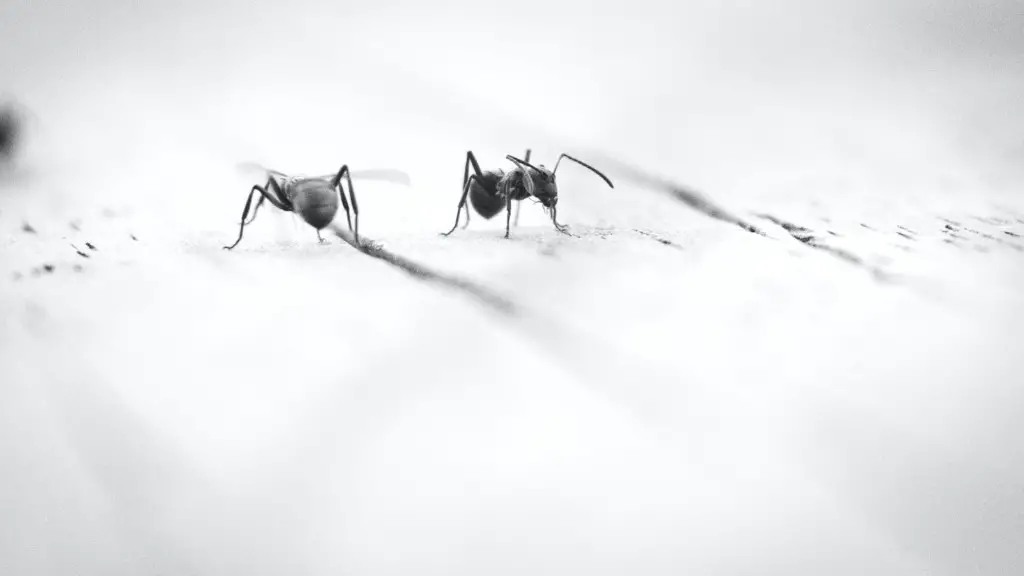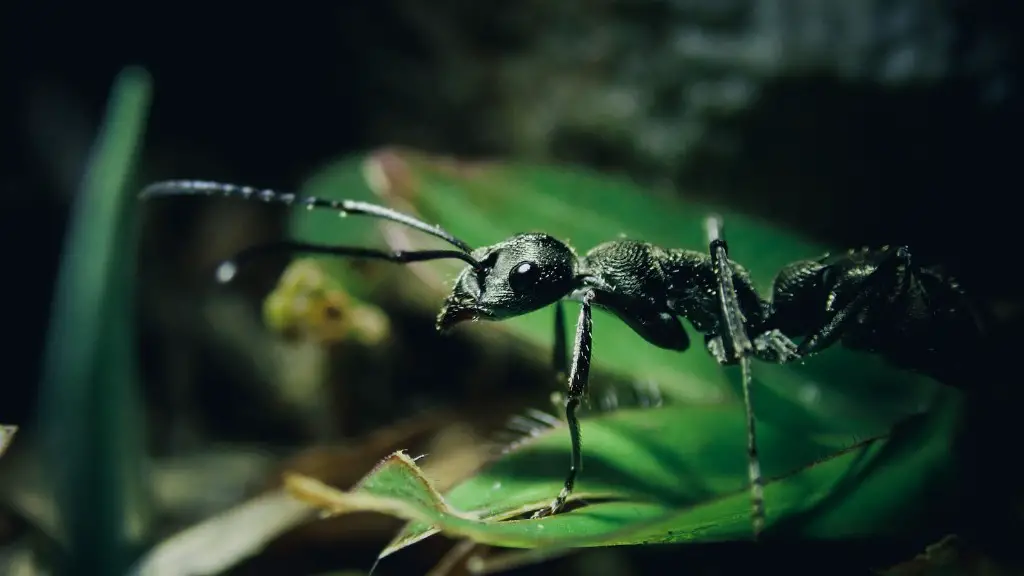What is Basil?
Basil, scientifically known as Ocimum basilicum and commonly known as the sweet basil, is a popular aromatic herb in the family of Lamiaceae. It has quite a few health benefits, such as being anti-inflammatory, anti-bacterial and rich in vitamin A. Apart from these health benefits, Basil has, surprisingly, an additional claim to fame. Known as a great insect repellent, it is believed to repel ants, mosquitoes and even some lizards.
Benefits of Basil
Basil’s health benefits go beyond its properties as an insect repellent. For example, Basil has been used for centuries in traditional medicines to alleviate digestive distress, such as diarrhea, cramps and bloating. In addition to this, Basil is a rich source of antioxidants which can help protect against cell and tissue damage. Additionally, Basil is also known to act as an anti-inflammatory and to help reduce the symptoms of arthritis.
Does Basil Repel Ants?
There has been some research conducted to answer this question. One study in particular focused on the effects of basil on the garden ant species Linepithema humile and the Argentine ant species Solenopsis invicta. It found that both species avoided the area where Basil had been introduced, and that this effect was magnified when more basil was used. This suggests that Basil can indeed be used to repel ants, although it’s worth noting that some species may be less responsive than others.
How Does Basil Repel Ants?
The exact mechanism of how basil repels ants is still not clear. However, some experts suggest that the strong odor produced by the essential oils found in basil is likely to the main culprit. Other experts suggest that it might be the compounds called eugenol and thymol, which are both present in basil, that repel ants.
Using Basil to Repel Ants
It is possible to use basil to repel ants from your home or garden, although this is likely to depend on the species you’re trying to repel. Of course, there are some safe and simple steps to take first, such as sealing up any cracks where ants may be entering and ensuring that food is stored in sealed containers. However, if these steps don’t seem to do the trick, you could try using basil.
To do this, simply place some dried basil leaves in areas where ants have been spotted or where they’re likely to come into the home or garden. You can also grow live basil plants and place them around the exterior of the home or garden. This should help to deter ants from entering.
Does Basil Repel Mosquitoes?
It is believed that Basil can be used to repel mosquitoes too. One study conducted on the species Anopheles mosquito found that when a small amount of basil essential oil was used, the population of biting mosquitoes decreased by up to 57%. This suggests that basil could be used to repel mosquitoes, although further research would be needed to better understand the effects.
Using Basil to Repel Mosquitoes
Using basil to repel mosquitoes is quite simple. Again, you can use either dried or fresh leaves. Place them in areas where mosquitoes are likely to congregate or around window frames and doors. Additionally, you can make an insect repellent spray by blending some basil with water, vinegar and olive oil and adding a few drops of any essential oils of your choice.
Does Basil Repel Lizards?
There is some evidence to suggest that basil can repel lizards, although this is much less clear cut. One study found that when crushed basil was poured along a section of the garden, lizards were seen to avoid this area. In addition to this, other research has suggested that the essential oils in basil could help to repel lizards.
Using Basil to Repel Lizards
Using basil to repel lizards is mostly trial and error. However, you can try using crushed basil leaves around the exterior of your home and around the garden. Additionally, you can also apply a basil essential oil mixture around windows and doors as lizards tend to gather in dark, damp areas.
Is Basil Toxic to Animals?
Finally, it’s worth mentioning that, although basil can be used to repel certain animals, it is not without its risks. While basil is generally considered safe for humans and non-toxic to animals, some pets might be allergic, so it’s worth checking with your vet before using it as an insect repellent.


